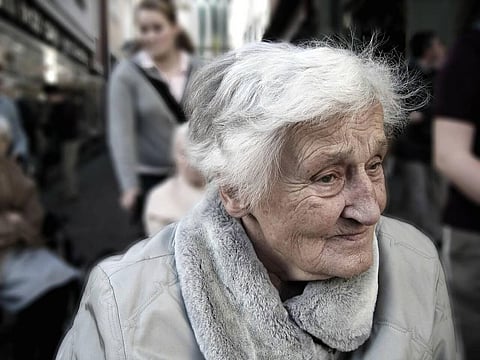However, despite having such high hopes on this program, as per what data suggests, even after 12 months, the program didn't prevent too many falls, as was expected. Hence, it was proved that the program turned out to be ineffective. It was immensely disappointing to notice that there weren't any difference in the rate of falls even after all the efforts that they put in to create this helpful intervention. Physical activity also didn't seem to prevent falls and so the intervention made no noteworthy difference to the burden of care.


